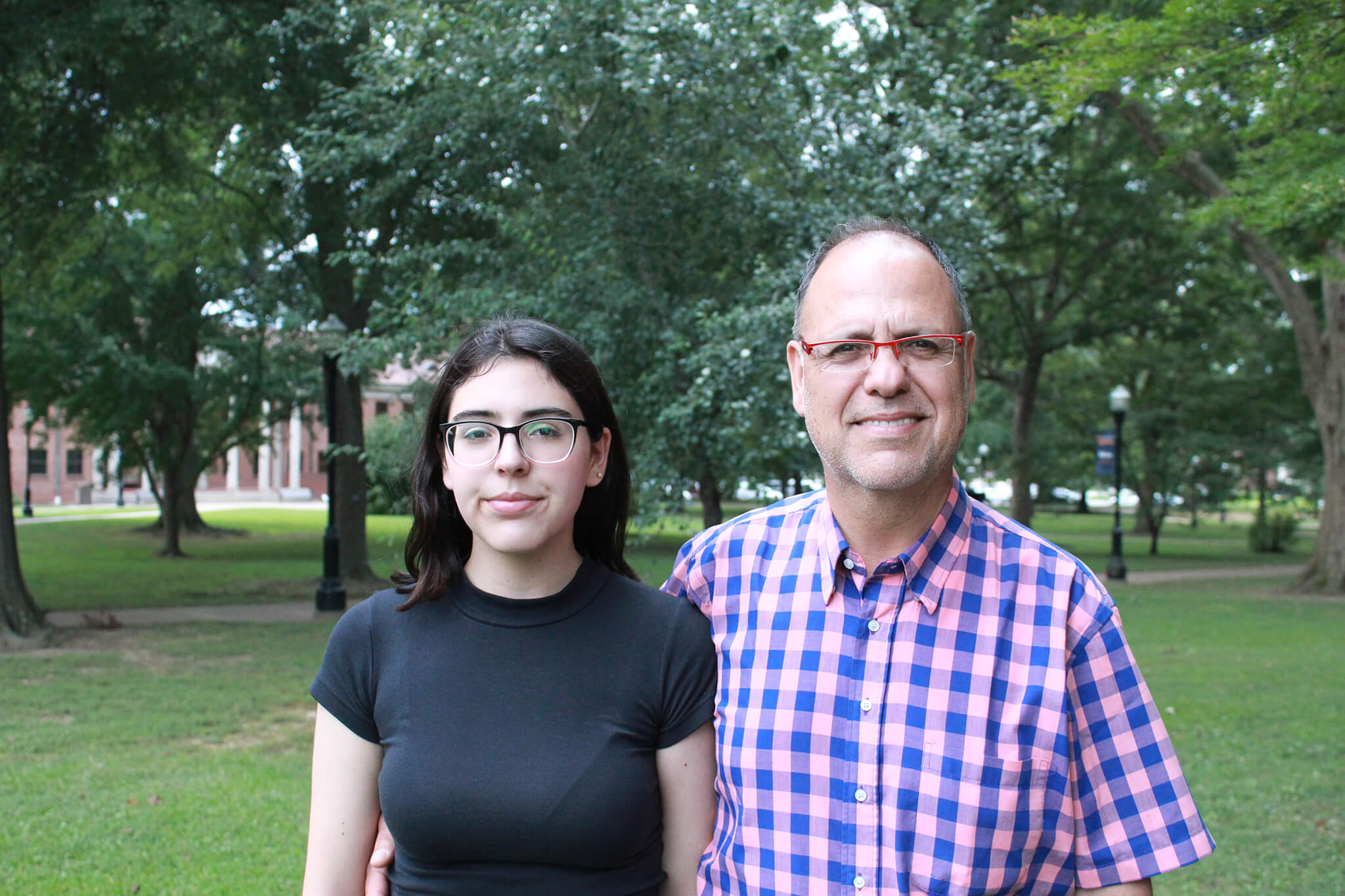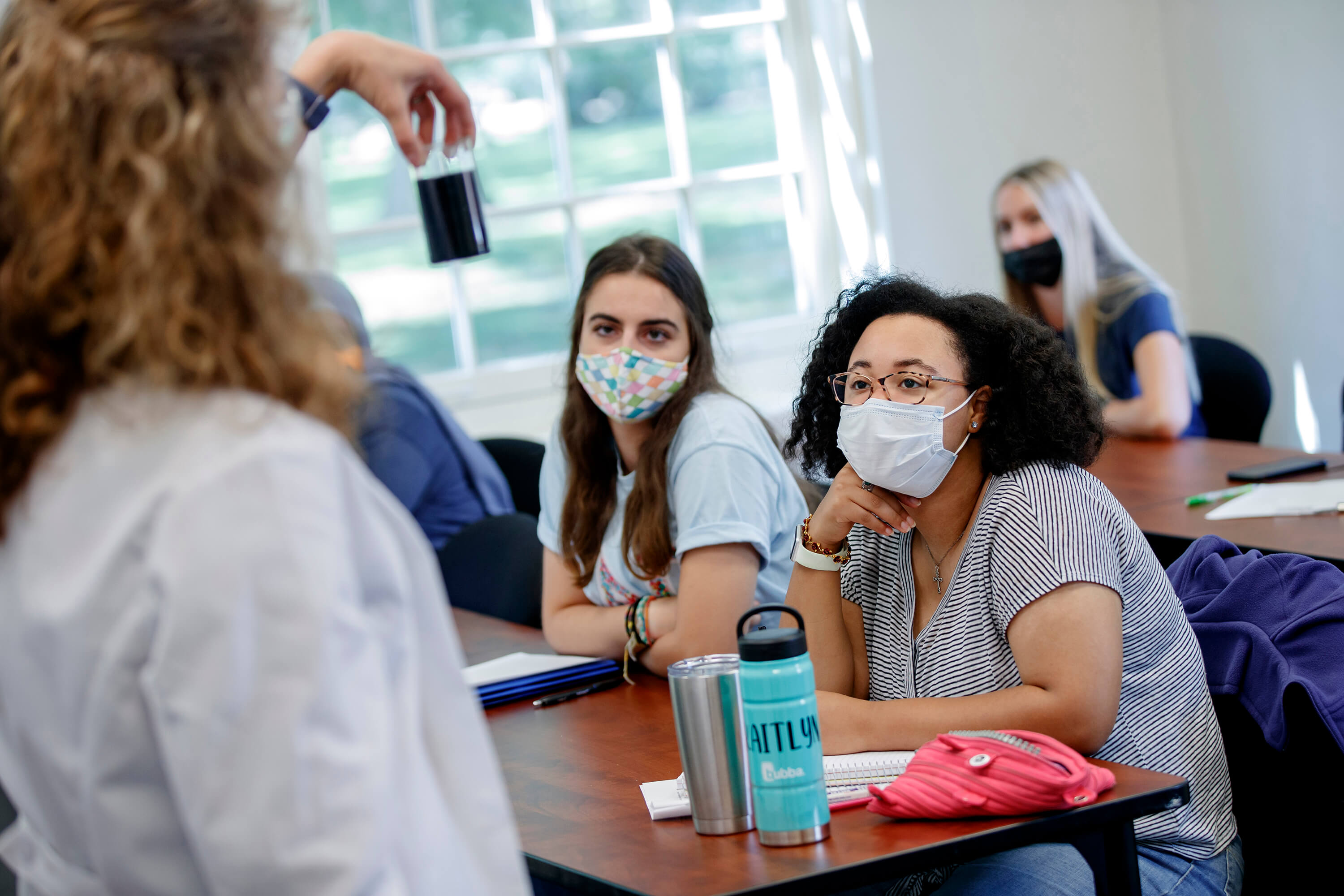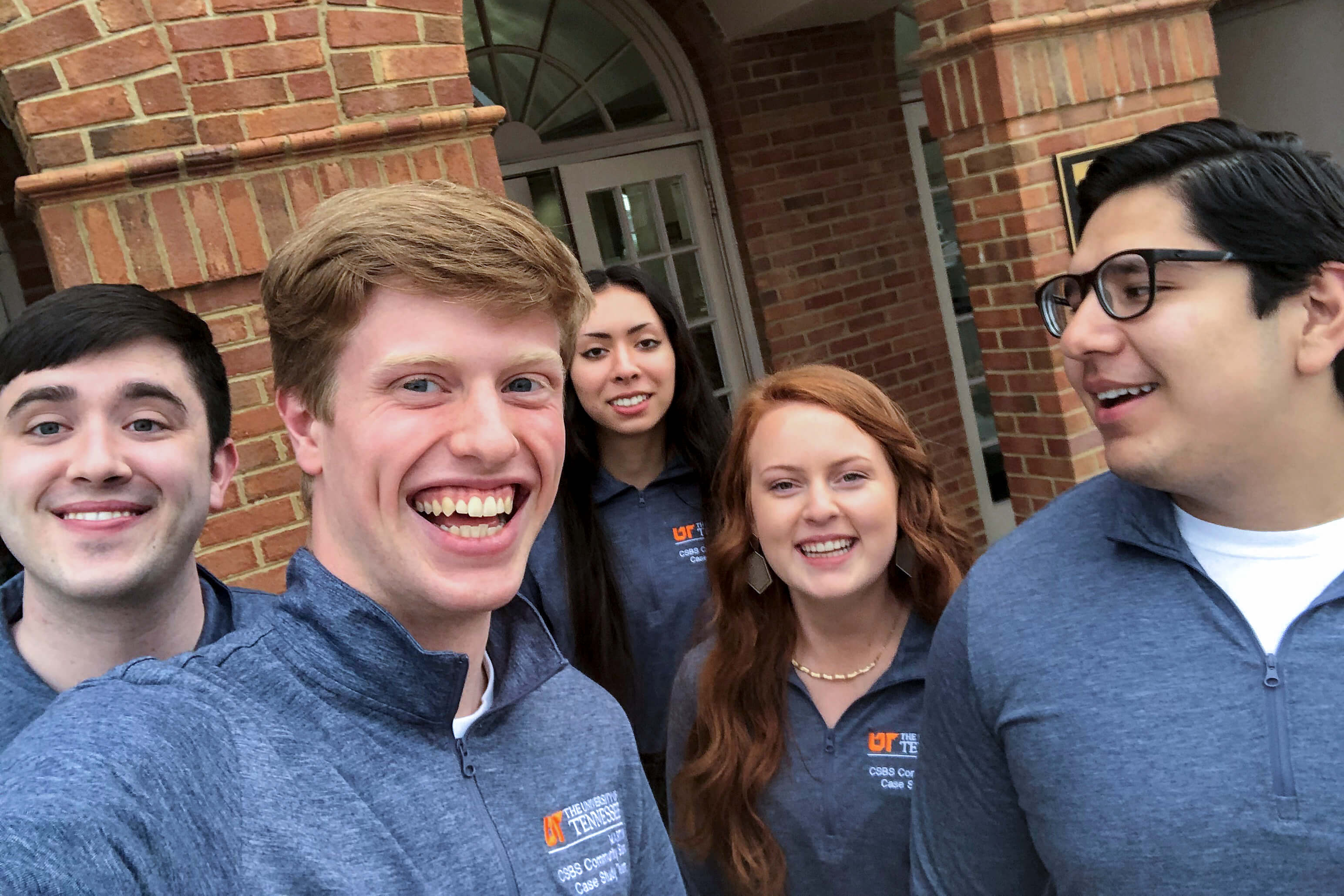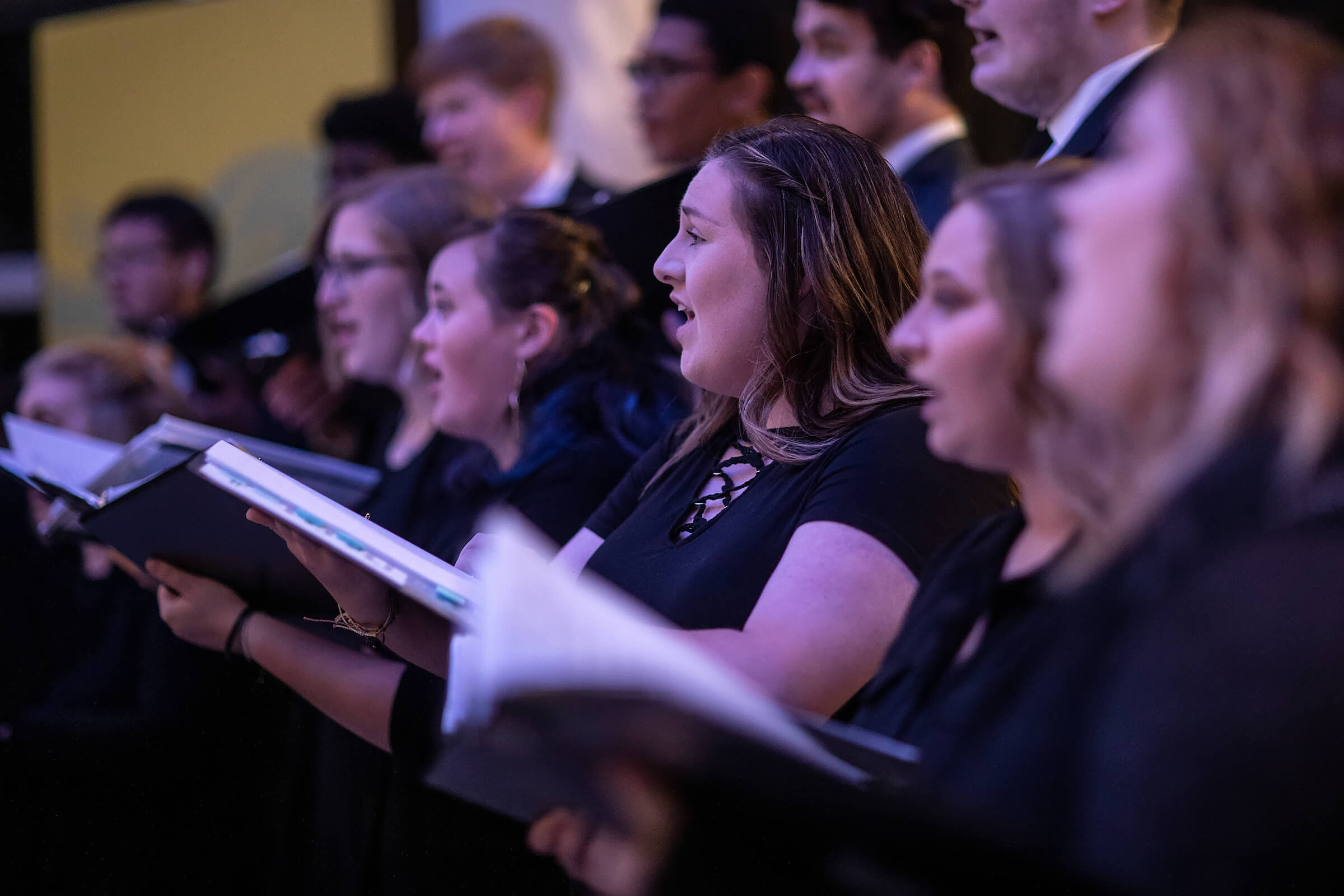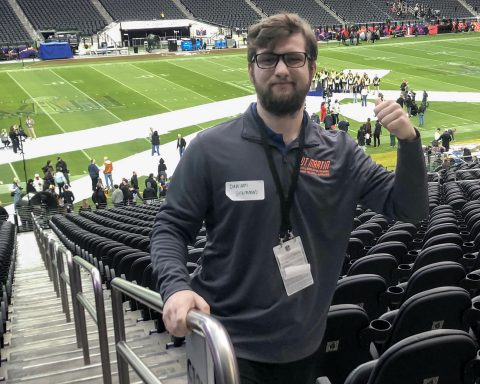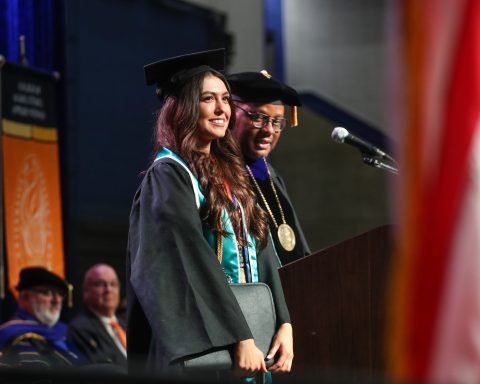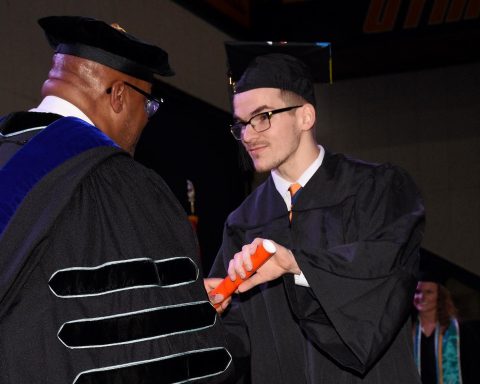Catalina Cubillos came a long way to attend the University of Tennessee at Martin this fall. The native Chilean is spending the semester as part of the Tennessee Intensive English Program, an intensive English curriculum hosted at the University of Tennessee at Martin for international students and other non-native English speakers.
“I always told my father that I was interested in studying English, and it is not easy to study English in Chile,” Catalina said, speaking through Ken Fackler, a TIEP faculty member who served as translator for her interview. “Here there is no choice but to actually use English and to speak it with other people. It is much better for me, and it stimulates me to do that much more here than it would at home.”
But while this is Catalina’s first visit to the United States, she has heard about UT Martin all her life.
Her father, Hector Cubillos, graduated from UT Martin in 1983 and later spent 10 years working in the U.S. before returning home to his native Chile. When the time came to consider a foreign program for his daughter, Hector wouldn’t consider anywhere else.
“Her father was actually afraid to have her study somewhere where they wouldn’t be together. He was afraid something could happen to her elsewhere. Because her father knows this area quite well and he studied here, he felt that this was a safe place for her,” said Fackler, paraphrasing Catalina’s response.
“I brought Catalina to (UT) Martin first because this is my university and I am proud to be an alum of this university,” said Hector in an email interview. “The second point is that Martin is a small, safe town for a foreign student, and third is that she will be exposed to English entirely and completely; nobody speaks Spanish there.”
Catalina has grown up in Santiago, Chile, which she describes as a sprawling city with an extensive metro system. She says the two biggest challenges for her have been adjusting to life where a personal vehicle is necessary and finding groceries similar to what she would eat at home.
“The law (in Chile) specifies that there must be a label on all the food listing the amount of sugar and other ingredients, salt for example, that makes it clear what people are consuming. Here, everything is so sweet that it’s difficult for her to consume it,” translated Fackler. However, she has been pleasantly surprised by the friendliness of local residents.
“I suppose the people are very friendly. In Chile, in Santiago, it’s not like that. If you don’t know someone, they aren’t going to say hello to you. … It is much safer here,” she said. “You can see someone maybe four times in the same day, and that would be unusual (in Santiago).”
“I hope she learns and experiences the American way of life and hopefully learns the language, at least to be able to carry out a basic conversation in English, and there is nothing like being there and (living) the English experience firsthand,” wrote Hector.
Catalina plans to return to Chile at the end of the TIEP program and pursue a career similar to a dental hygienist.
###

